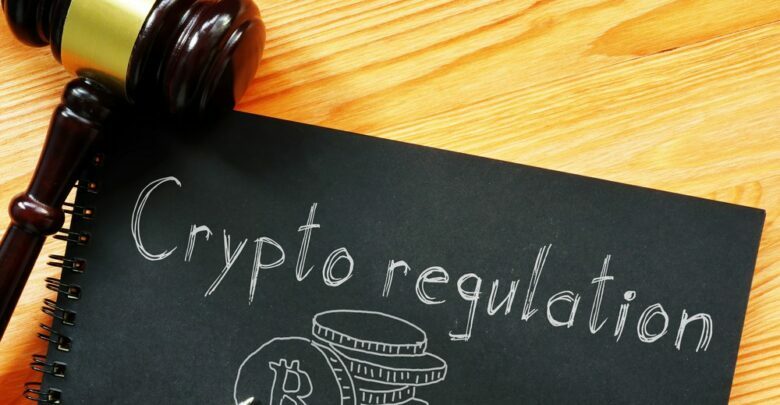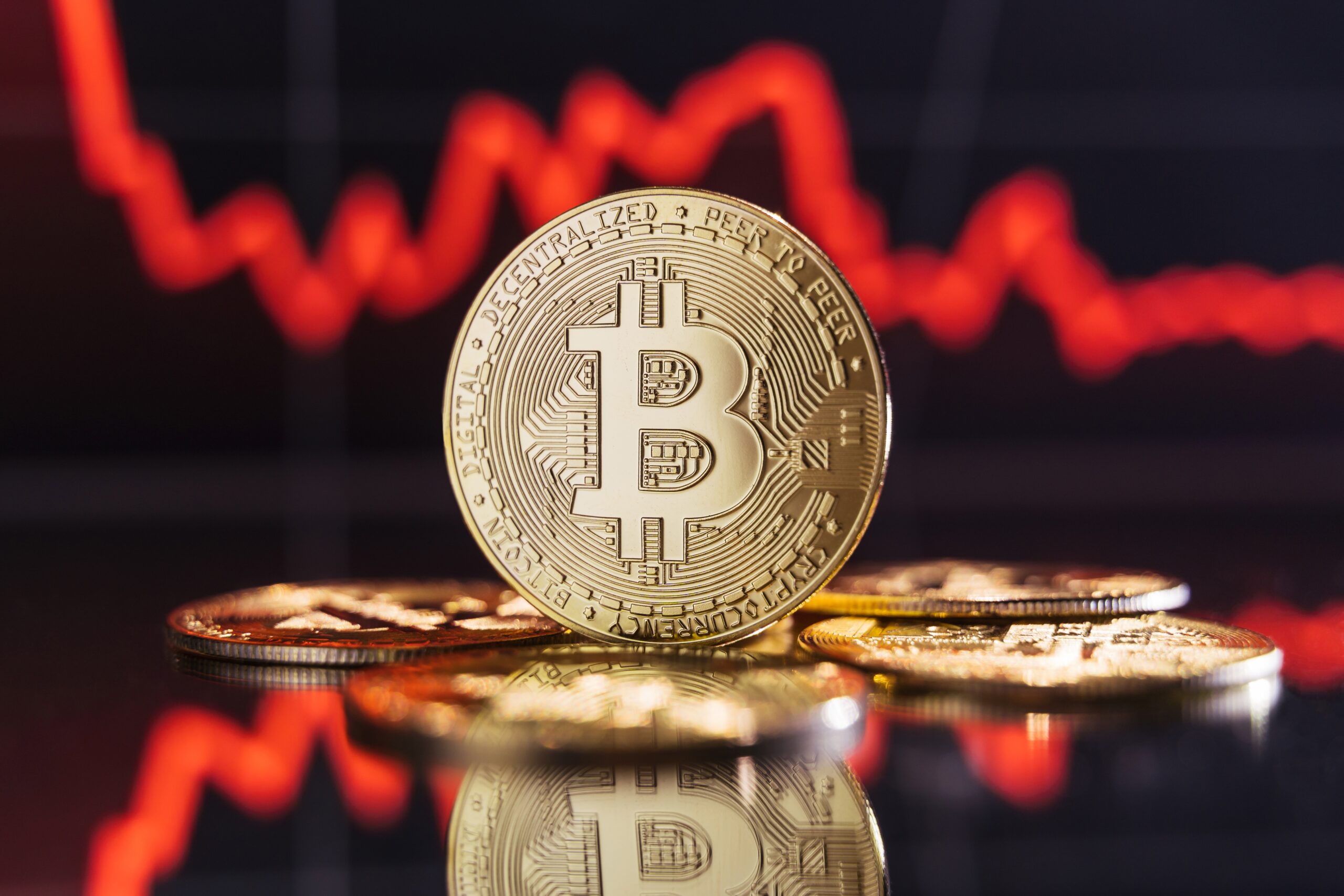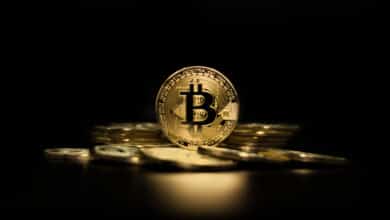The Howey Test Is Gaining Acceptance In The Crypto Industry; Here’s Why

On January 30, the crypto community scored a significant win following the court victory of LBRY over the US Securities and Exchange Commission (SEC). During the remedies hearings involving the LBRY case, the SEC is reported to have admitted that the LBC token were not securities.
The Win
During the SEC-LBRY case over the secondary sale of the platform’s LBC coin, the regulator confirmed that the asset was not securities. Consequently, John Deaton, Ripple’s legal representative handling the firm’s case with the SEC, was visibly excited by the revelation.
Deaton even created a video for his Twitter-based CryptoLawTV channel after SEC’s confirmation that the LBC coin sale was not a securities offering. Deaton is well-known to have a close relationship with the court and recounted a conversation he once had with the judge.
The Ripple legal counsel revealed that he discussed the Lewis Cohen article with the judge over the judiciary’s stance on secondary market sales. Deaton commended the paper after it was featured in the Ripple-SEC case in November 2022 with Cohen, also a friend of the court.
Meanwhile, the crypto community has widely accepted the paper due to its expert opinions on crypto securities law. Hence, the adoption of the adage “securities are not oranges” from the 1946 Howey test on how to identify a security.
Cohen’s paper has made an exhaustive assessment of the Howey test and proposes an alternative to its application.
Linking The Howkey And Cohen Analysis
However, it is worth noting that only some keen legal enthusiasts like applying the Howey test in their classification of crypto assets. Skeptics argue that the test is more effective in prosecuting fraud cases than as a guide for registering digital assets, and Cohen shares the same sentiment.
While it is worth noting that a summary cannot capture all the article’s content, the document contains up to 266 federal and Supreme Court cases involving digital assets. The public is encouraged to add other relevant issues to the paper’s GitHub site.
The Howey test contains four prongs, each stating how to identify whether a transaction is securities, the type of investments, an enterprise’s profit expectations, and how to benefit from other people’s efforts.
Cohen and his co-authors assert that crypto-assets only meet the condition of securities in some cases. In addition, the paper’s most critical feature is its view on transactions involving crypto tokens in secondary markets.
Observers believe that legal opinions rarely influence how the SEC enforce their laws or views about certain crypto assets.
Tokenhell produces content exposure for over 5,000 crypto companies and you can be one of them too! Contact at info@tokenhell.com if you have any questions. Cryptocurrencies are highly volatile, conduct your own research before making any investment decisions. Some of the posts on this website are guest posts or paid posts that are not written by Tokenhell authors (namely Crypto Cable , Sponsored Articles and Press Release content) and the views expressed in these types of posts do not reflect the views of this website. Tokenhell is not responsible for the content, accuracy, quality, advertising, products or any other content or banners (ad space) posted on the site. Read full terms and conditions / disclaimer.







